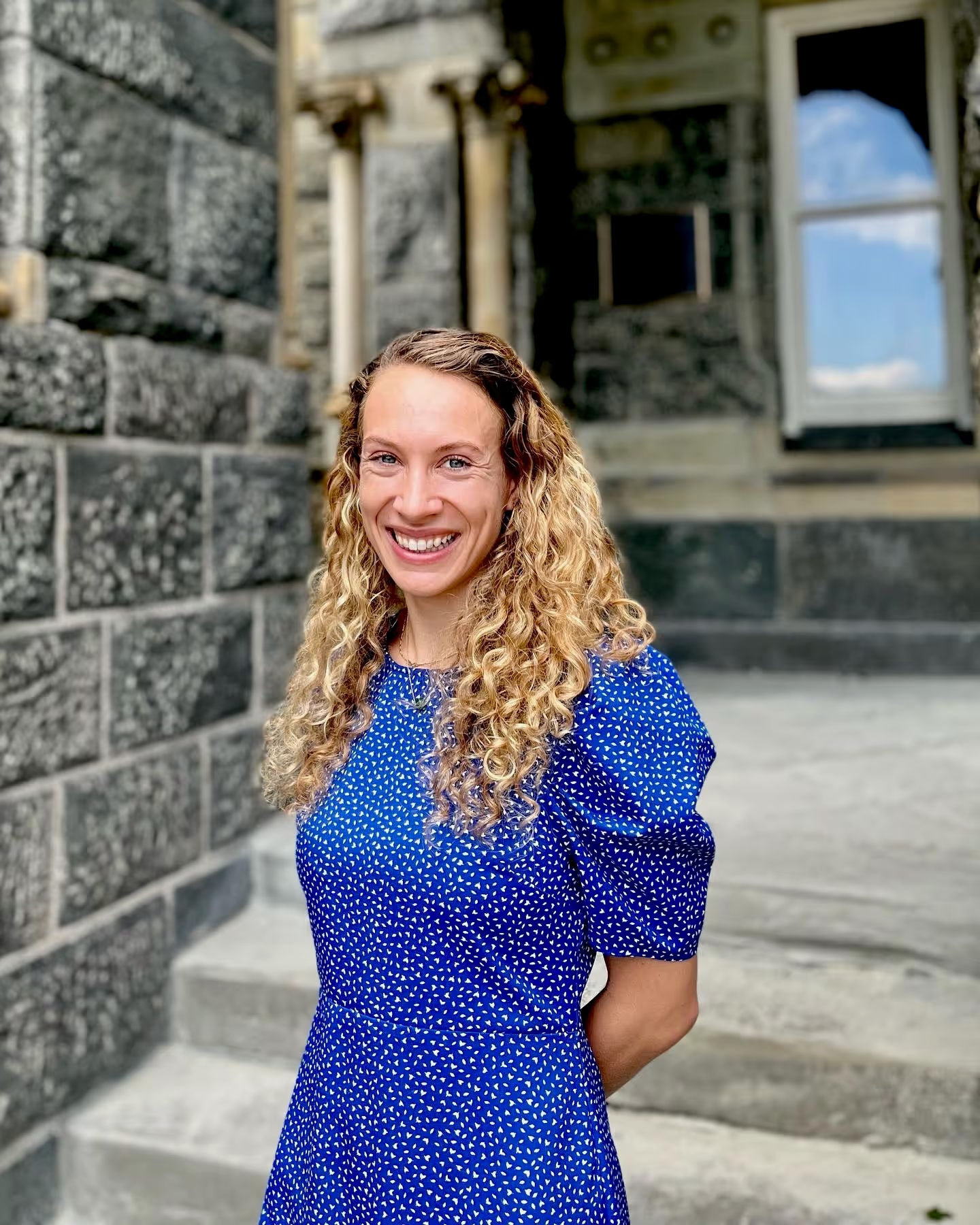This dissertation project examines rural public opinion and perception of government programs that economically benefit rural areas. Scholars have examined if rural Americans vote against their own interests (Frank, 2004; Bartels, 2006; Cramer, 2016). However, how much do rural Americans know about government programs targeted at rural interests? This work builds upon the theories of the “submerged state” (Mettler, 2011) and policy feedback (Soss & Schram, 2007) and investigates the extent to which rural Americans are both aware of and supportive of government programs that benefit rural areas, such as those run through the US Department of Agriculture (USDA). This project investigates the questions: What effect do rural government programs and public policies have on rural public opinions toward the government? Given demographic changes, particularly the increase in Latinos living in rural America (Frey, 2018), do these opinions vary by race, age, and gender? The mixed-methods dissertation includes a qualitative case study of three counties in rural Vermont (Caledonia, Essex, and Orleans) known as the Northeast Kingdom (NEK). The NEK’s rurality attracts skiers and leaf-peepers, but also comes with the highest child poverty rates and conservative vote share in the largely Democratic state. Political ideology and demographic factors like income and education level also vary across the NEK. With the financial assistance of the CAPE research grant, the qualitative work will be conducted in summer 2025 and includes attending community meetings, conducting focus groups, and interviewing locals about their perception of government, what role they would like the federal, state, and local government to play in their lives, the extent to which they feel provided for by the government, and how demographic change has affected these beliefs.
Meet the Grantees

Quinn Bornstein
Graduate Student
|
Georgetown University
Quinn Bornstein (she/her) is a PhD student in American Government at Georgetown University. Her research focuses on rural public opinion, political behavior, trust in government, and perceptions of economic, agricultural, and social welfare public policies. She also examines the influence of race, ethnicity, and gender on public opinion and political behavior in rural America. Her mixed-methods dissertation project will include an ethnographic examination of economic and political experiences in the Northeast Kingdom of Vermont. Quinn received her M.A. in American Government from Georgetown University in 2022 and her B.A. in Political Science from Brown University in 2018. Quinn wrote her master’s thesis in partnership with the US Department of Agriculture on strengthening the meat processing food chain in the wake of COVID-19, and her undergraduate honor’s thesis on Congressional framing of National School Lunch Program legislation. Before graduate school, Quinn worked as a Legislative Aide at Senator Bernie Sanders’ office, where she focused on agriculture, food, rural development, and education policy. Originally from Vermont, Quinn was a Varsity cross-country and track and field athlete in college and still enjoys running, biking, and hiking around the D.C. area.


